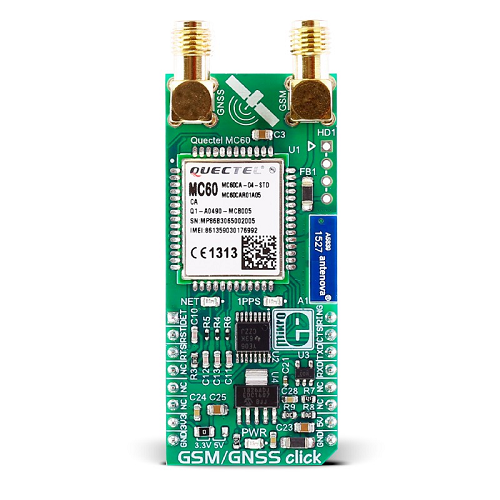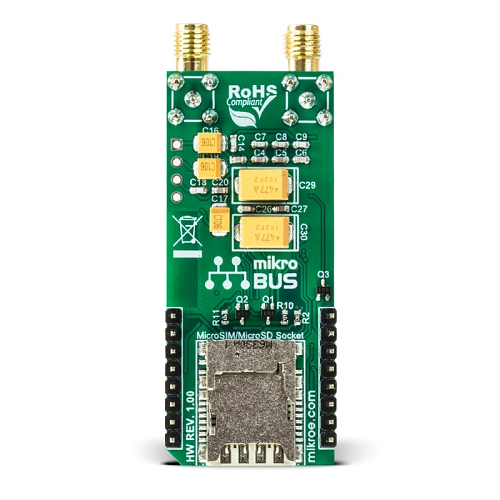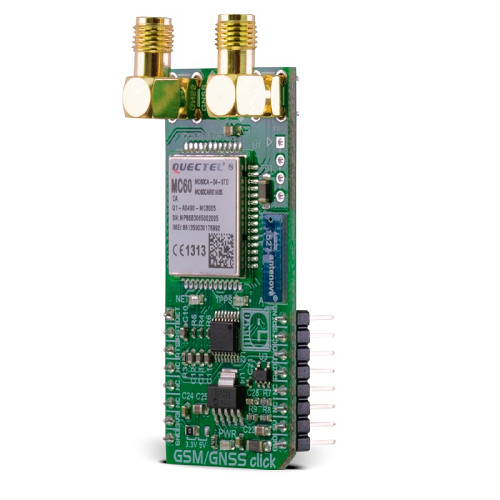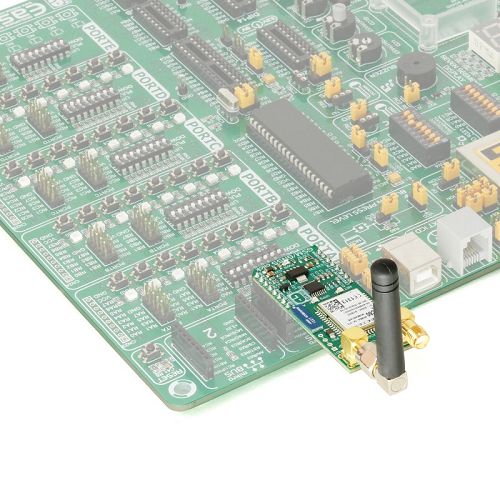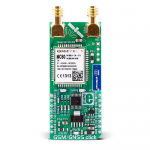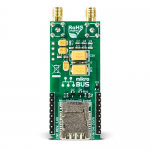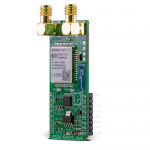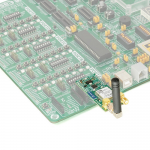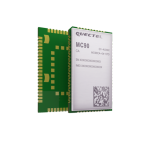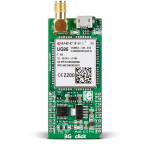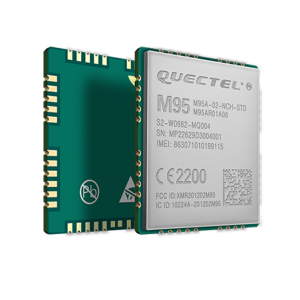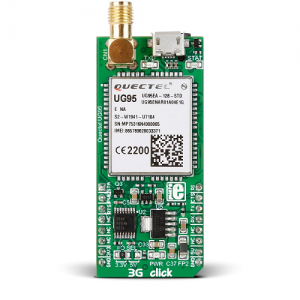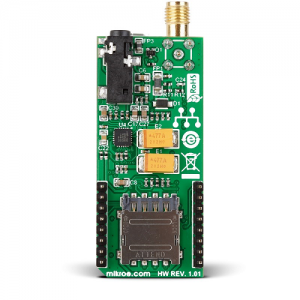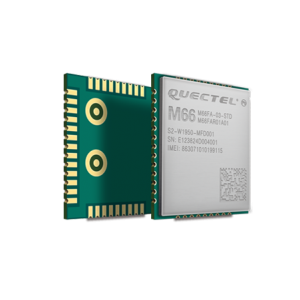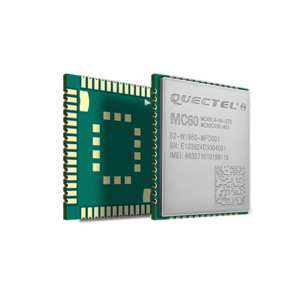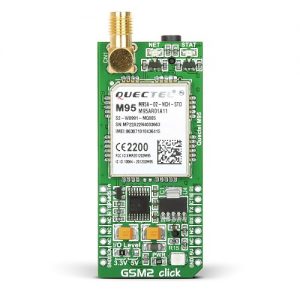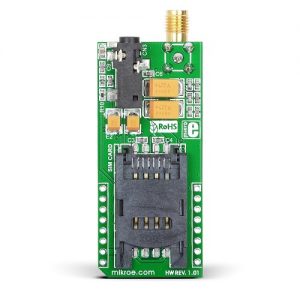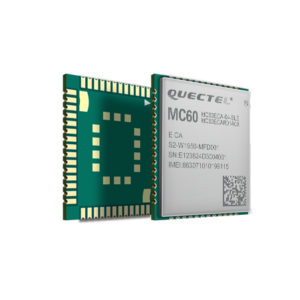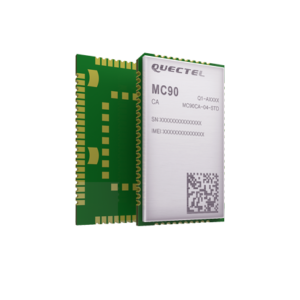GSM/GNSS Click
Key Benefits : GPS, GNSS, GSM, and Bluetooth in one click
Interface : GPIO,UART
Input Voltage : 3.3V or 5V
Compatibility : mikroBUS
Click board size : L (57.15 x 25.4 mm)
- Açıklama
- Doküman
Açıklama
GSM/GNSS click combines GPS/GLONASS location tracking with GSM module capability for mobile communication. The click features Quectel’s MC60 quad-band module. GSM/GNSS click runs on either 3.3V or 5V power supply and communicates with the target MCU over UART interface, and the following mikroBUS™ pins: AN, RST, PWM, INT.
When connected to a GPS antenna, it can receive GPS coordinates, time, and other information from orbiting satellites. The click can be used for all GSM functions — calls, messages (SMS, MMS), mobile internet.
GSM/GNSS click has an onboard MicroSD card socket, micro SIM card socket, a Bluetooth antenna (the MC60 module supports Bluetooth 3.0) and additional pins for connecting speakers and a microphone.
Quectel’s MC60 quad-band module
MC60 is a quad-band full-featured GSM/GPRS module using LCC castellation package. With an extensive set of internet protocols (TCP, UDP, PPP, FTP, HTTP and SSL*), it has integrated GNSS technology for satellite navigation.
The module can balance between positioning accuracy and power consumption according to the environmental and motion conditions. The typical power consumption is around 2.8mA.
Positioning — EASY™ technology
EASY™ is the abbreviation of Embedded Assist System for quick positioning. With EASY™ technology, MC60’s GNSS engine can automatically calculate and predict orbits using the ephemeris data (up to 3 days) when the power is on, and then save that information into the memory.
The GNSS engine can use this information for later positioning, if there is not enough information from the satellites.
GPS and GLONASS
GNSS stands for Global Navigation Satellite System, an umbrella term that describes both the United States GPS and the Russian GLONASS global positioning systems. GLONASS is an acronym for Globalnaya Navigatsionnaya Sputnikovaya Sistema (Global Navigation Satellite System).
GPS currently has 33 satellites in orbit, and GLONASS has 24. This two-constellation system is particularly suitable for urban areas with high-rise buildings and complex environments.
GLONASS is suited for usage in high latitudes (north or south), where getting a GPS signal can be difficult.
Application
Asset tracking, for navigation devices based on GPS and GLONASS, road navigation devices, public transport, wearable devices, etc.



